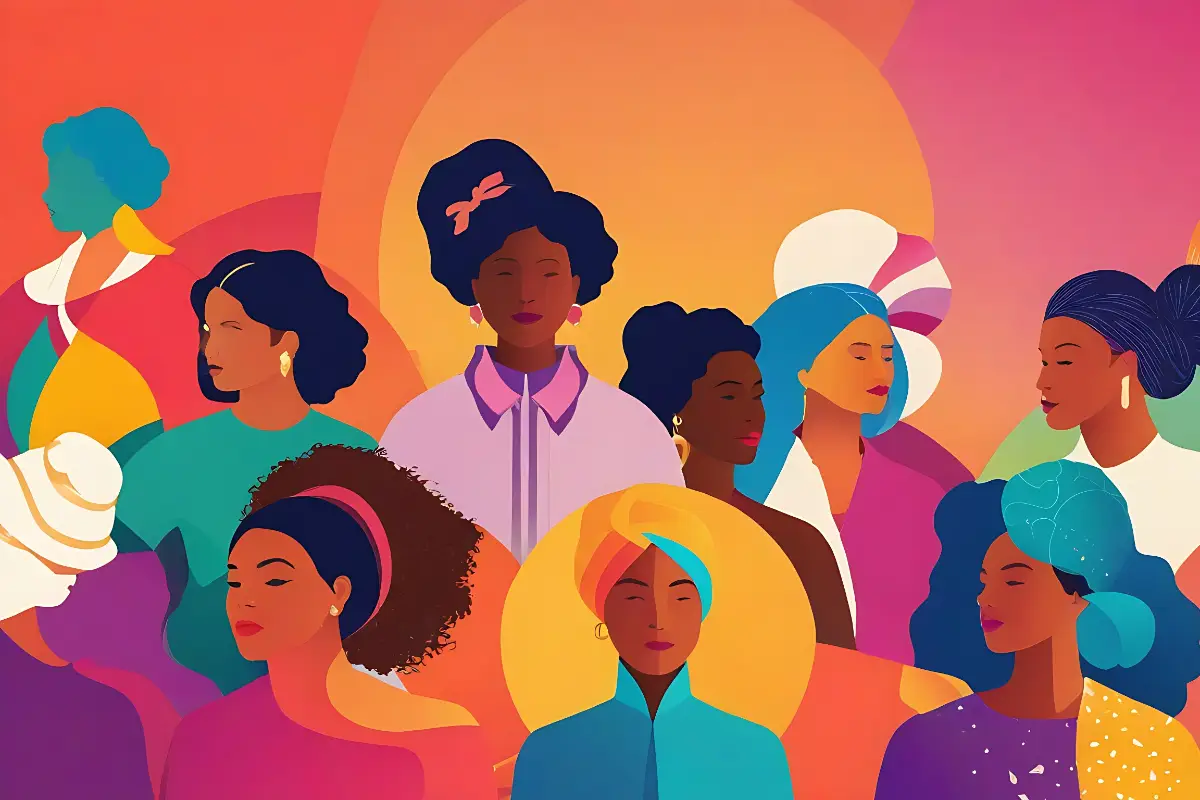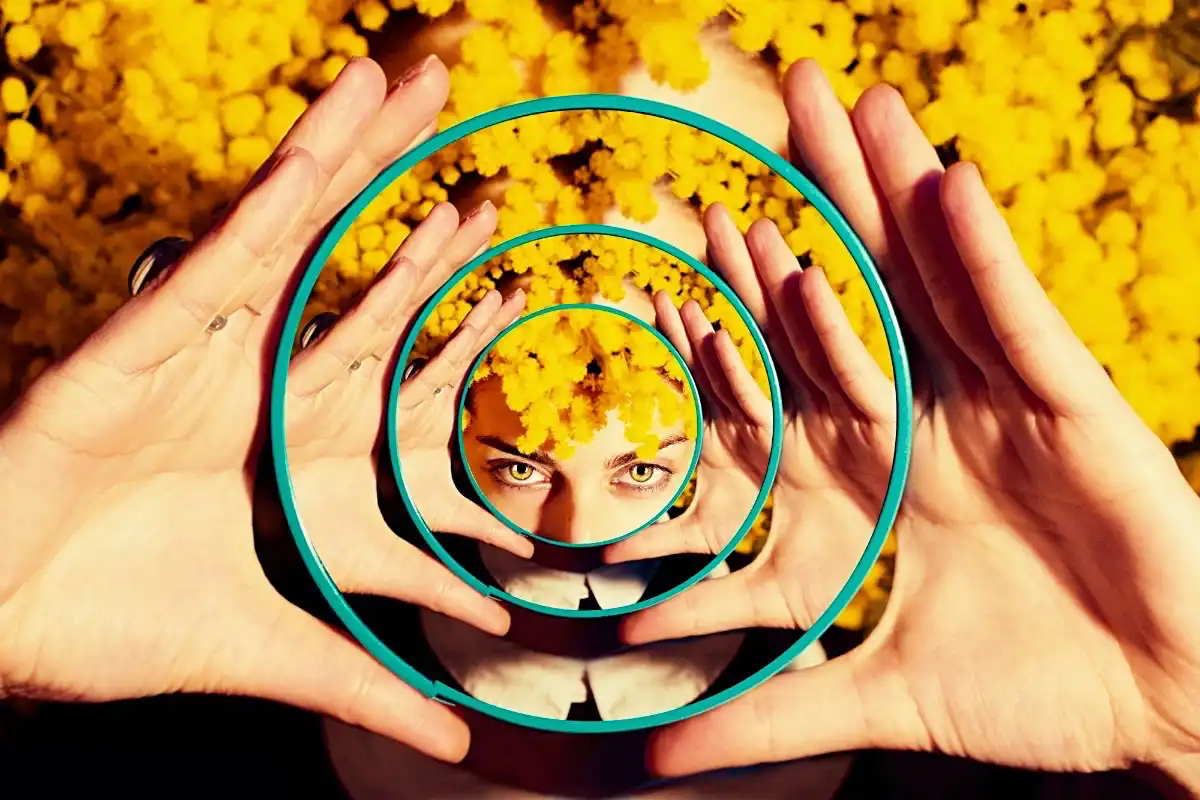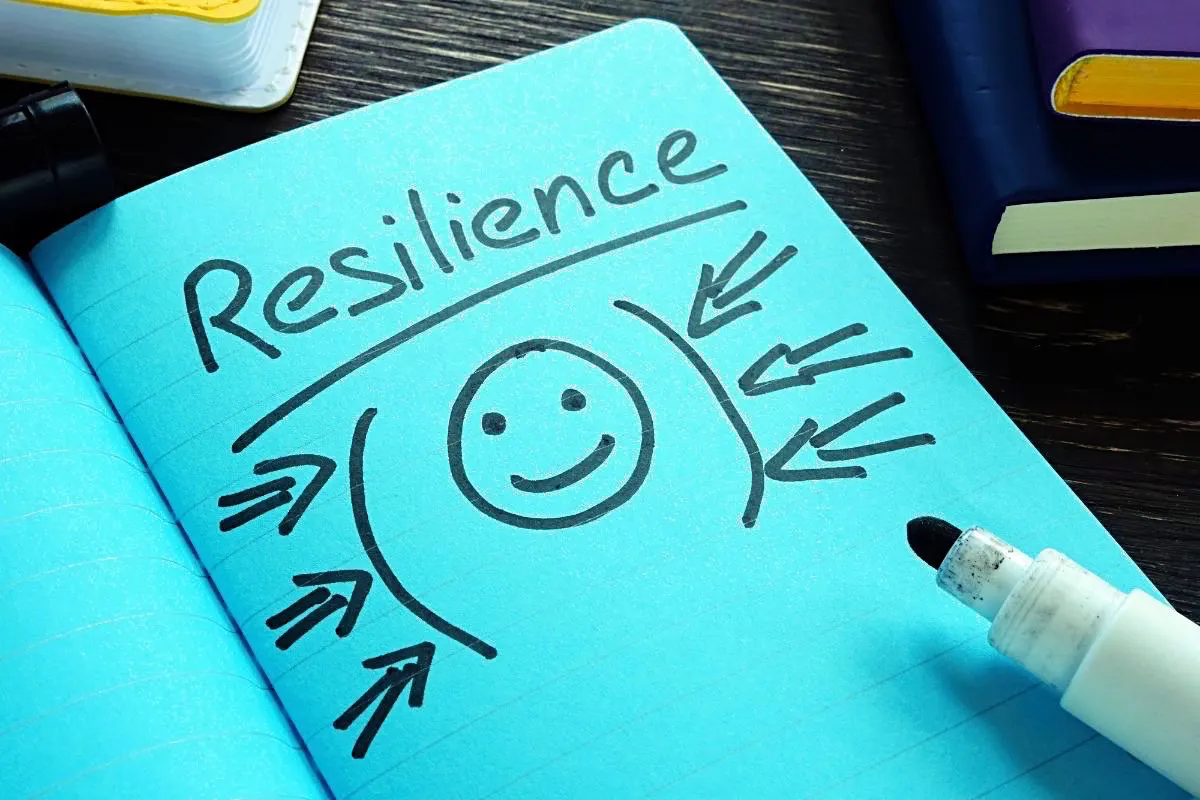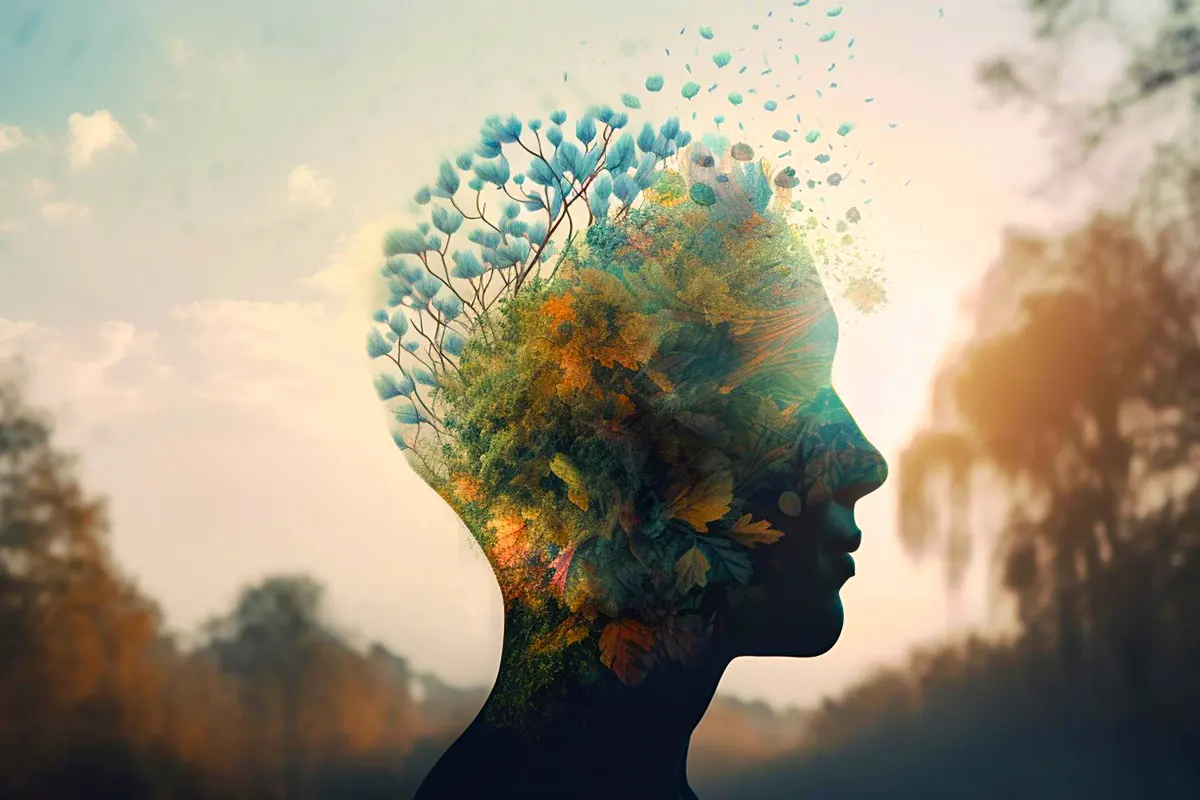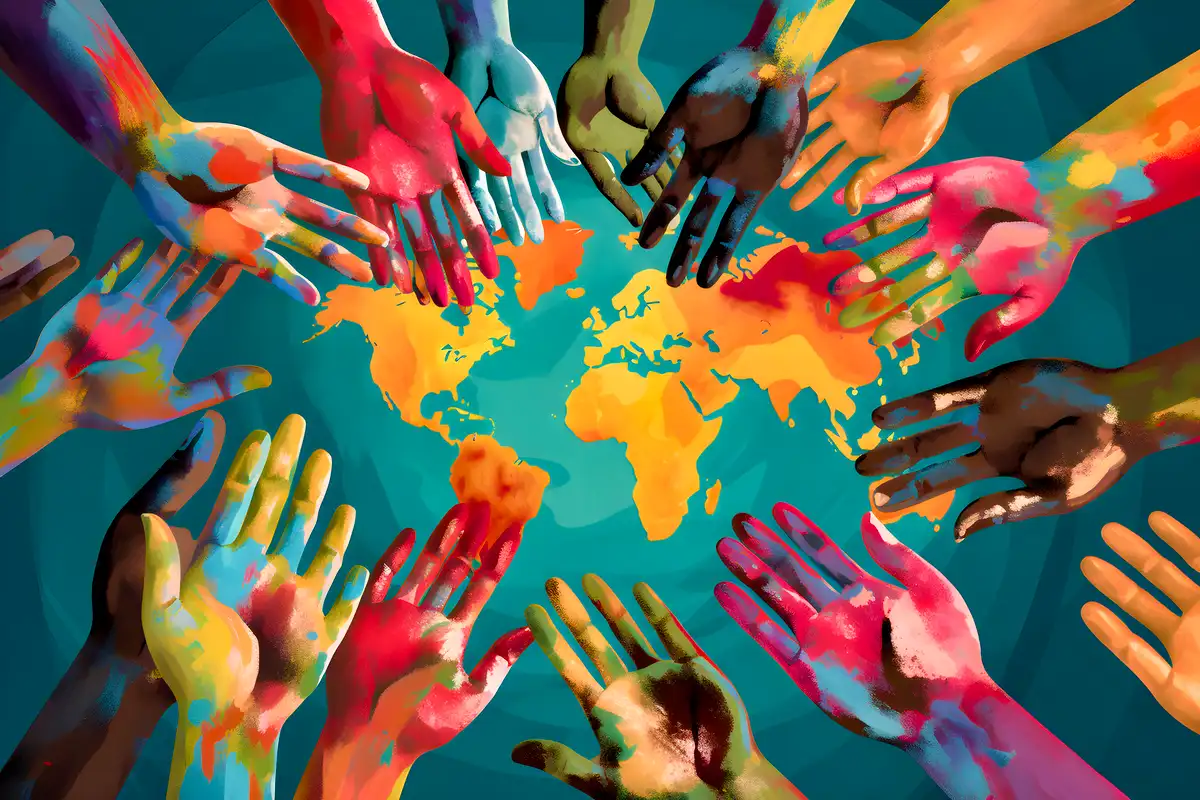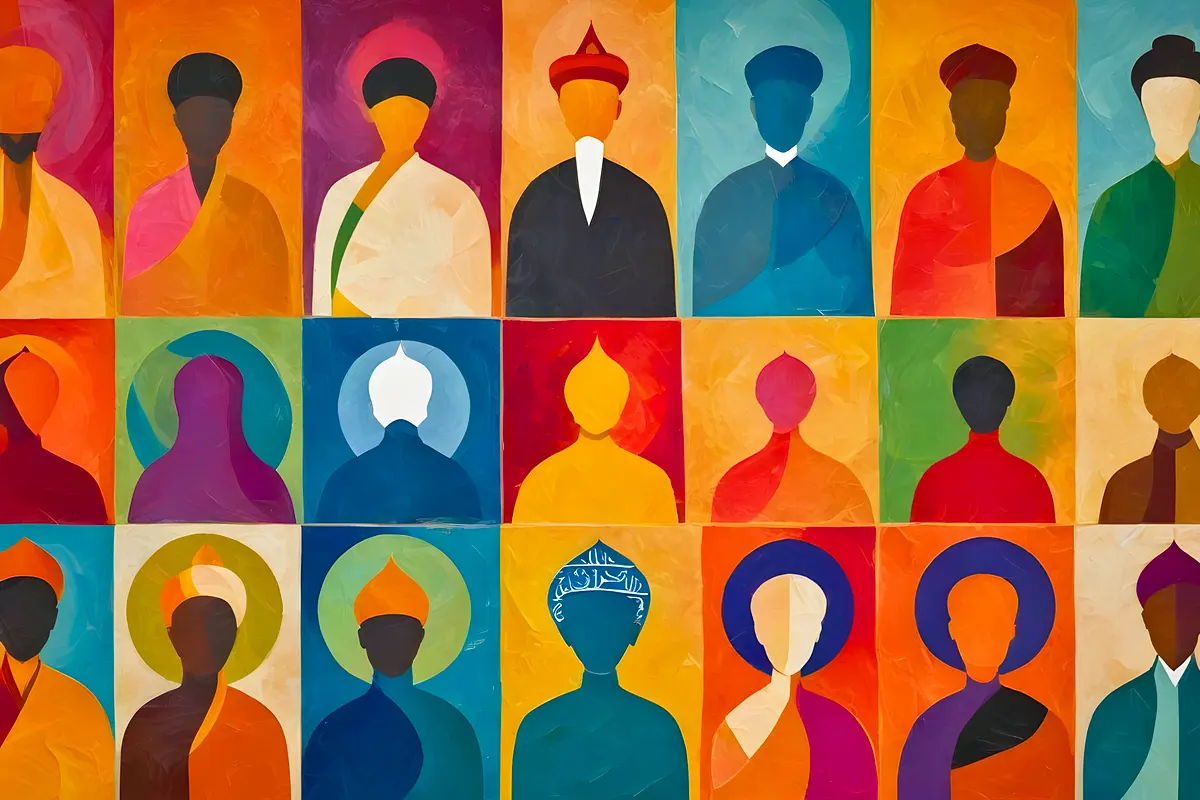Where Does Happiness Come From?
“She’s an old soul, that one.” My grandma, Doreen, is talking to my mum. They are watching me pick up all the snails on our garden path and move them to the safety of the hedgerow. I am 6. I’m sure many of you can relate. The phrase ‘old soul’ is often used to describe individuals who seem to feel things very deeply, possessed with emotional maturity and those who can sometimes seem to be carrying the weight of the world upon their shoulders. In a literal sense, I suppose my grandma Doreen was alluding to the idea that my soul had been reincarnated many times over, and throughout my life I have met plenty of other people who have similar experiences of being described in this way as children.

Whether or not you literally believe in reincarnation, I find it an interesting aspect of human psychology that we associate a certain over-saturation within the physical realm with a sense of melancholy. We literally use the phrase ‘world-weary’, and it’s not hard to see why. While there is so much about being a human that has the potential to bring us so much joy, it is absolutely impossible to live a life completely removed from pain and suffering. Does that mean that happiness is always rare and fleeting, or is it possible to find lasting joy in an imperfect world? Where does happiness actually come from? What causes it, and how can we foster and hold onto it?
Përshëndetje, Happy Minds, today we are discussing the origin and nature of happiness. This might seem like a sweeping statement, but I imagine most of us strive to be happy. Happiness is generally considered to be a good thing, a state of mind that some people seem to be able to occupy for longer periods of time than others. Yet human beans are complex little legumes, and despite having almost unrestricted access to our own deepest thoughts, desires and feelings, as well as the documented experiences of millions of other humans, happiness can still seem elusive.
Comparison is the Thief of Joy

Who had social media on their ‘Happy Mind blog’ bingo card? Yes, we talk about it a lot, but any conversation over the nature of happiness in the modern age must touch on the influence – or should I say ‘influencers’ – we surround ourselves with every day. As the saying goes, ‘comparison is the thief of joy’, and social media is designed from the ground up to distort our perspective of what’s normal and present an aspirational reality where every moment of every day is larger than life.
Small moments of joy, peace and gratitude come from mindfully connecting with all the things we are thankful for, but we won’t be open to this experience if we are constantly comparing our lives with a false standard. True happiness doesn’t come from external validation, material success, or chasing likes — those things might bring short-lived highs, but they rarely lead to lasting fulfillment. Real, deeper joy tends to come from within: from living in alignment with your values, doing things that feel meaningful, and losing yourself in moments of flow. When we constantly compare ourselves to others — especially in the curated world of social media — we can end up feeling disconnected or inadequate, chasing a version of happiness that was never really ours to begin with.

We now return to our regularly scheduled programme
Every system in our body has evolved to maintain homeostasis, which basically means that our body likes to maintain an internal balance, keeping our bodies’ systems within a safe and sustainable range. This also goes for brain chemistry. When it comes to happiness, homeostasis plays a big part. After a burst of pleasure or reward, like praise, a promotion, or a dopamine hit from social media, the brain eventually adjusts and returns to its baseline mood. This is why the first experience of something new can feel incredible, but over time, the excitement fades — a phenomenon often described as hedonic adaptation.
This built-in reset means that chasing external highs rarely leads to lasting happiness. The more we seek those quick boosts, the more elusive they become. Instead, deeper and more sustainable contentment tends to come from things like emotional resilience, being present, and living with meaning — experiences that aren’t as easily flattened by the brain’s balancing act.
Positive psychology research, including Martin Seligman’s PERMA model, suggests that lasting happiness is built on five key elements: Positive emotion, Engagement, Relationships, Meaning, and Achievement. Studies also point to the 50/40/10 rule, which proposes that around 50% of our happiness is determined by genetics, 40% by our thoughts and behaviours, and only 10% by external circumstances — meaning much of our happiness is within our control.

Eternal Sunshine of the Spotless Mind
The 2004 film by Michel Gondry of the same name explores the idea that we cannot separate the pain and suffering in our lived experiences from the joy that came with them. The concept being that ‘eternal sunshine’ – or unbroken warmth, light and peace – shines eternally upon the ‘spotless mind’ – a mind free from painful memories, regrets or guilt. Ignorance may be bliss, but this heart-wrenching film uses the concept of memory erasure to explore the question; can we ever be truly happy if we forget the events and experiences that have hurt us, if in doing so they have also shaped us? This film also subtly explores the differences between an individual’s true nature and our concept of who they are that exists only within our mind.
Through Joel (played by Jim Carrey) we see the best elements of Clementine (Kate Winslet) while we are within his subconscious, viewing her through rose-tinted spectacles if you will. These often contrast with scenes where we see Clementine as she really is, in her own words “a f***ed up girl who’s looking for her own peace of mind”. This explores the concept that we often choose to build the happiness of our lives on common ground within a relationship. It can be alarming and unsettling if we discover that the person, or persons we have placed our trust within are not who we thought they were.
The Lens of Being

So much of how we experience the world can be coloured, or distorted, by the lens through which we perceive it. Happiness, like any state of mind, is entirely subjective. No-one can tell us we are happy, nor what that feeling means for us. While we can look to science to understand the chemistry and psychology of happiness, the actual experience of this state will be unique to each and every one of us.
The pursuit of mindfulness teaches us to try to separate the present from the past or the future, but our inner world is a kaleidoscope of memories, hopes, dreams and fears all tumbling around. Perhaps the most valuable work we can do on ourselves, is to refine our lens of being to give the truest possible picture of what we see there, allowing us to focus less on our fears and regrets and pick out instead the bright flecks of beauty that spin past without trying to hold onto them.
So whether you are an old soul who’s lived a thousand lives already, or if this is your first time on the merry-go-round, I invite you to live every moment of it. For all we know, this is all we will ever have.
Go well, Happy Minds.
P.S. If this stirred something in you, you might enjoy our Digital Wellbeing course — a little space to explore what really makes you feel good, beyond the scroll.









































